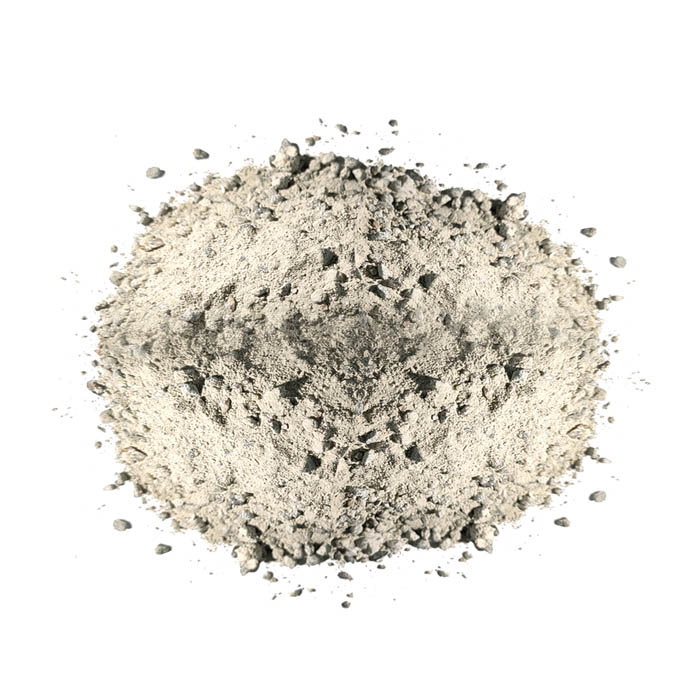Oct . 11, 2024 17:13 Back to list
vermiculite concrete
Understanding Vermiculite Concrete Properties, Benefits, and Uses
Vermiculite concrete is a lightweight, fire-resistant material that has gained popularity in various construction and insulation applications. Derived from the mineral vermiculite, which expands significantly upon heating, this concrete variant offers unique properties that make it an ideal choice for specific scenarios. In this article, we will explore the composition, benefits, and various uses of vermiculite concrete.
What is Vermiculite Concrete?
Vermiculite concrete is a mixture made by combining portland cement, vermiculite aggregate, and water. The primary component, vermiculite, is a naturally occurring mineral that, when heated, expands into a lightweight, accordion-like structure. This expansion creates an aggregate that contributes to the reduction of the density of the final concrete product, making it lighter than conventional concrete. The typical density of vermiculite concrete ranges from 35 to 50 pounds per cubic foot, depending on the specific mix and application.
Key Properties of Vermiculite Concrete
1. Lightweight Nature Due to the high volume of vermiculite, this concrete is significantly lighter than traditional concrete. This property makes it easier to handle and reduces the load on structural elements in construction.
2. Fire Resistance Vermiculite is inherently fire-resistant, which means vermiculite concrete can withstand high temperatures without losing its structural integrity. This makes it ideal for fireproofing applications in buildings.
3. Thermal Insulation The unique structure of expanded vermiculite provides excellent thermal insulation properties. Vermiculite concrete can help maintain stable indoor temperatures, leading to energy savings in heating and cooling costs.
4. Sound Absorption The porous nature of vermiculite also contributes to good sound-absorbing qualities, making it suitable for applications where noise reduction is important.
Benefits of Using Vermiculite Concrete
vermiculite concrete

The benefits of vermiculite concrete extend beyond its properties. Its lightweight nature can result in lower transportation costs and reduced foundation requirements, leading to savings in construction costs. Additionally, its fire-resistant and insulating qualities can enhance building safety and energy efficiency, making it an attractive option for environmentally conscious builders.
Another significant advantage of vermiculite concrete is its versatility. It can be used in a wide variety of applications, from residential homes to commercial buildings. Whether used in flooring, roofing, or wall systems, it provides an effective solution for various construction needs.
Common Uses of Vermiculite Concrete
1. Insulating Roof Decks Vermiculite concrete is commonly used as an insulating fill for flat roofs. It provides thermal insulation and is lightweight, which is crucial for maintaining the structural integrity of roofing systems.
2. Flooring In both residential and commercial settings, vermiculite concrete can be poured to create lightweight, insulating floor systems. Its sound-dampening properties make it especially beneficial in multi-family dwellings.
3. Fireproofing In the construction of fire-rated assemblies, vermiculite concrete is often used to provide fire resistance in walls, ceilings, and other structural components.
4. Precast Panels Vermiculite concrete can also be formulated into precast panels, allowing for quicker and more efficient construction processes.
5. Backfill Material It is commonly used as a backfill material due to its lightweight and drainage properties, making it useful in retaining wall applications.
Conclusion
Vermiculite concrete is an innovative building material that offers numerous advantages, from improved fire resistance and thermal insulation to lightweight handling and versatility in applications. As the construction industry increasingly seeks sustainable and efficient materials, vermiculite concrete represents a valuable option for builders and architects focused on creating safer and more energy-efficient structures. Whether used in residential construction, commercial buildings, or specialized applications, it is clear that vermiculite concrete has a significant role in modern construction practices.
-
Eco-Friendly Granule Covering Agent | Dust & Caking Control
NewsAug.06,2025
-
Fe-C Composite Pellets for BOF: High-Efficiency & Cost-Saving
NewsAug.05,2025
-
Premium Tundish Covering Agents Exporters | High Purity
NewsAug.04,2025
-
Fe-C Composite Pellets for BOF | Efficient & Economical
NewsAug.03,2025
-
Top Tundish Covering Agent Exporters | Premium Quality Solutions
NewsAug.02,2025
-
First Bauxite Exporters | AI-Optimized Supply
NewsAug.01,2025
